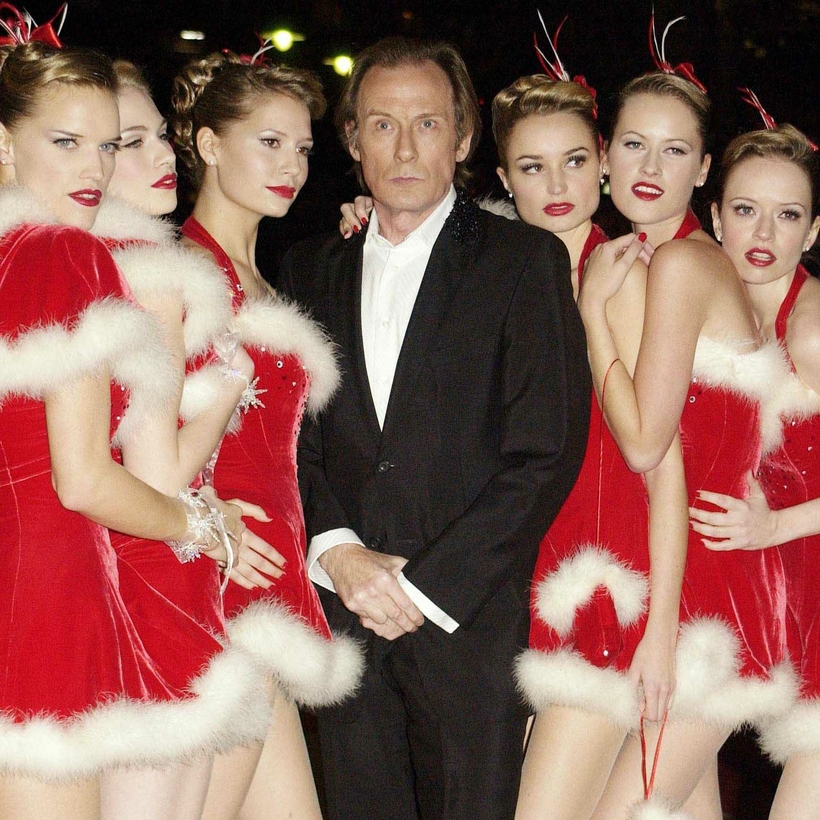Since its release, in 2003, the British romantic comedy Love Actually has nestled itself comfortably among the immortals It’s a Wonderful Life, A Christmas Story, and, dare we say it, Bad Santa. Today, this Advent calendar of a Christmas movie with multitudes of story lines and stars—Colin Firth, Hugh Grant, Keira Knightley, Bill Nighy, Alan Rickman, Emma Thompson—is a holiday classic beloved by audiences around the world. I spoke with the man behind it all, the writer and director Richard Curtis, about the making of Love Actually, on a recent afternoon in Los Angeles.
Curtis, a puckish fellow in his early 60s, has had a film career to envy, mostly writing and/or directing romantic comedies such as Four Weddings and a Funeral, Notting Hill, and Bridget Jones’s Diary.


